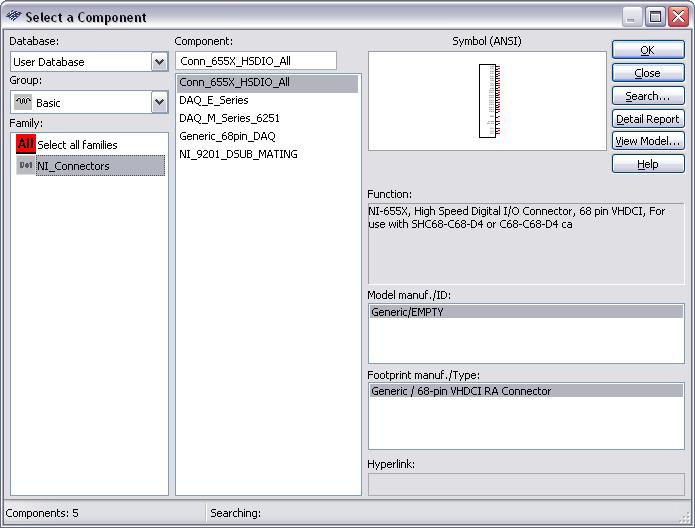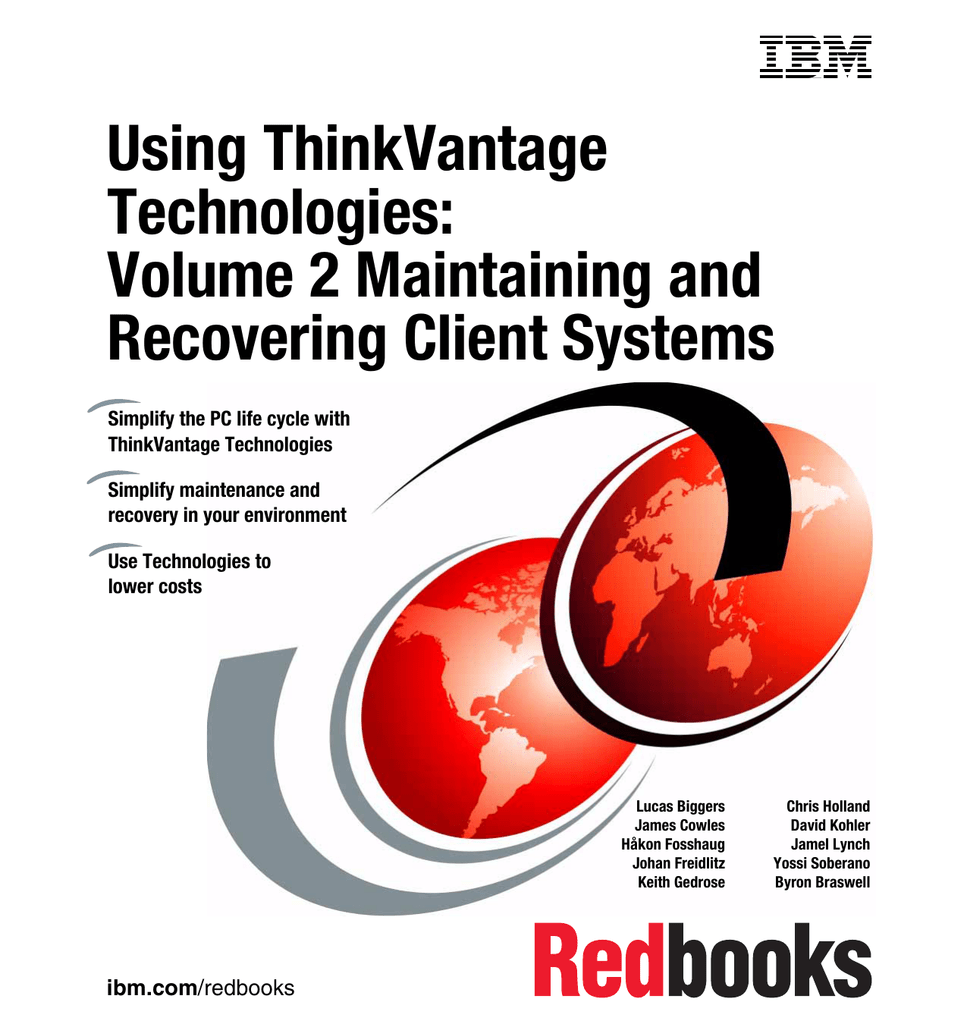
4.1.1 Installing the Windows Connector/ODBC Driver Using the Zipped DLL Package
8215 Connector Lib.Zip. You know, in order for Coffee applications functioning with a database motor via Coffee Database Connection (JDBC), an appropriate JDBC motorist library is required to be obtainable in the applications classpath. A JDBC motorist library is made up of Java courses which carry out low-level communication with the database.
Hello i am developing a web application with struts 1.x and Hibernate in Net beans IDES. I developed four apps.two apps are running on Tomcat server,but when i tried to run another one,I am getting 'Warning: Could not find file C: Program Files glass fish-3.0.1 java db lib derbyclient.jar to copy. To install the attached custom connectors (from 8215connectorlib.zip)in your database: Multisim: Open Multisim ( Start All Programs National Instruments Circuit Design Suite 10.1 Multisim 10.1 ). Download the '8215connectorlib.zip' file from the link in Resources below. To do so, you will need a ZIP archive program like WinZip. TI’s MSP432P4111 is a SimpleLink™ ultra-low-power 32-bit Arm Cortex-M4F MCU with precision ADC, 2MB Flash and 256KB RAM. Find parameters, ordering and quality information.
If you have downloaded the zipped DLL package:

Unzip the installation files.
Run the included batch file to perform an installation to the default locations.
Alternatively, install the individual files required for Connector/ODBC operation manually.
The following instructions only work for 32-bit Windows systems. If you have a 64-bit Windows system, use the MSI installer, which installs both the 32-bit and 64-bit drivers to the correct locations.
To install using the batch file:
Unzip the Connector/ODBC zipped DLL package.
Open a command prompt.
Change to the directory created when you unzipped the Connector/ODBC zipped DLL package.
Run
Install.bat:This copies the necessary files into the default location, and then registers the Connector/ODBC driver with the Windows ODBC manager.
See Full List On Ni.com
Changing or adding a new DSN (data source name) may be accomplished using either the GUI, or from the command-line using myodbc-installer.exe.
Although Oracle recommends installing these files in the standard location, you can also copy the files by hand to an alternative location - for example, to run or test different versions of the Connector/ODBC driver on the same machine. To copy the files to a location of your choice, use the following steps:
Cached

Program 8215 Connector Lib .Zip - Coversoftbox.netlify.app
Unzip the Connector/ODBC zipped DLL package.
Open a command prompt.
Change to the directory created when you unzipped the Connector/ODBC zipped DLL package.
Copy the library files to a suitable directory. The default location is the default Windows system directory
WindowsSystem32:For Connector/ODBC 8.x:
For Connector/ODBC 5.x:
Copy the Connector/ODBC tools. These must be placed in a directory that is in the system
%PATH%. The default is to install these into the Windows system directoryWindowsSystem32:Optionally, copy the help files. For these files to be accessible through the help system, they must be installed in the Windows system directory:
Finally, register the Connector/ODBC driver with the ODBC manager:
For Connector/ODBC 8.x:
For Connector/ODBC 5.3:
If you installed these files into a non-default location, change the references to the DLL files and command location in the above statement